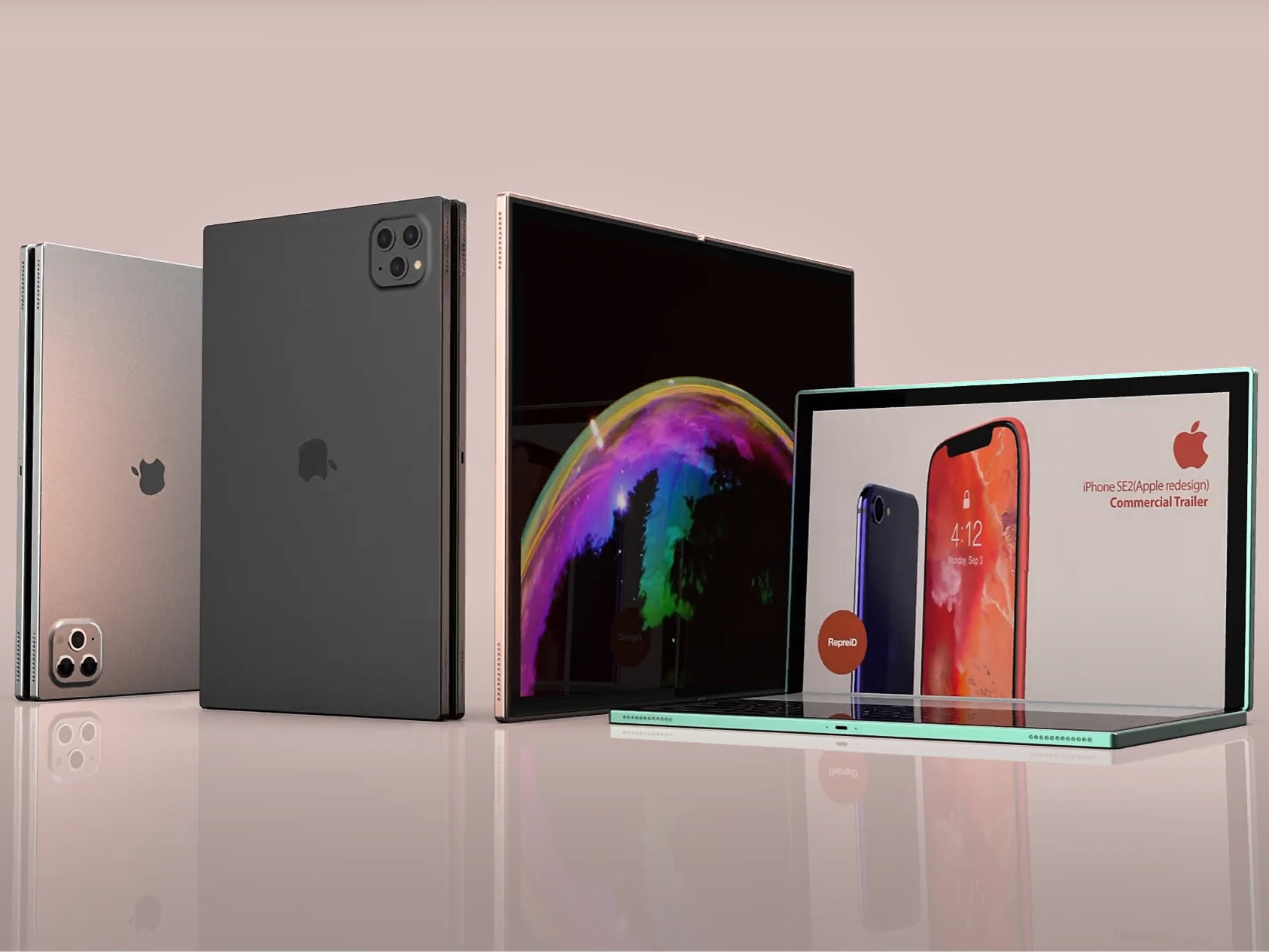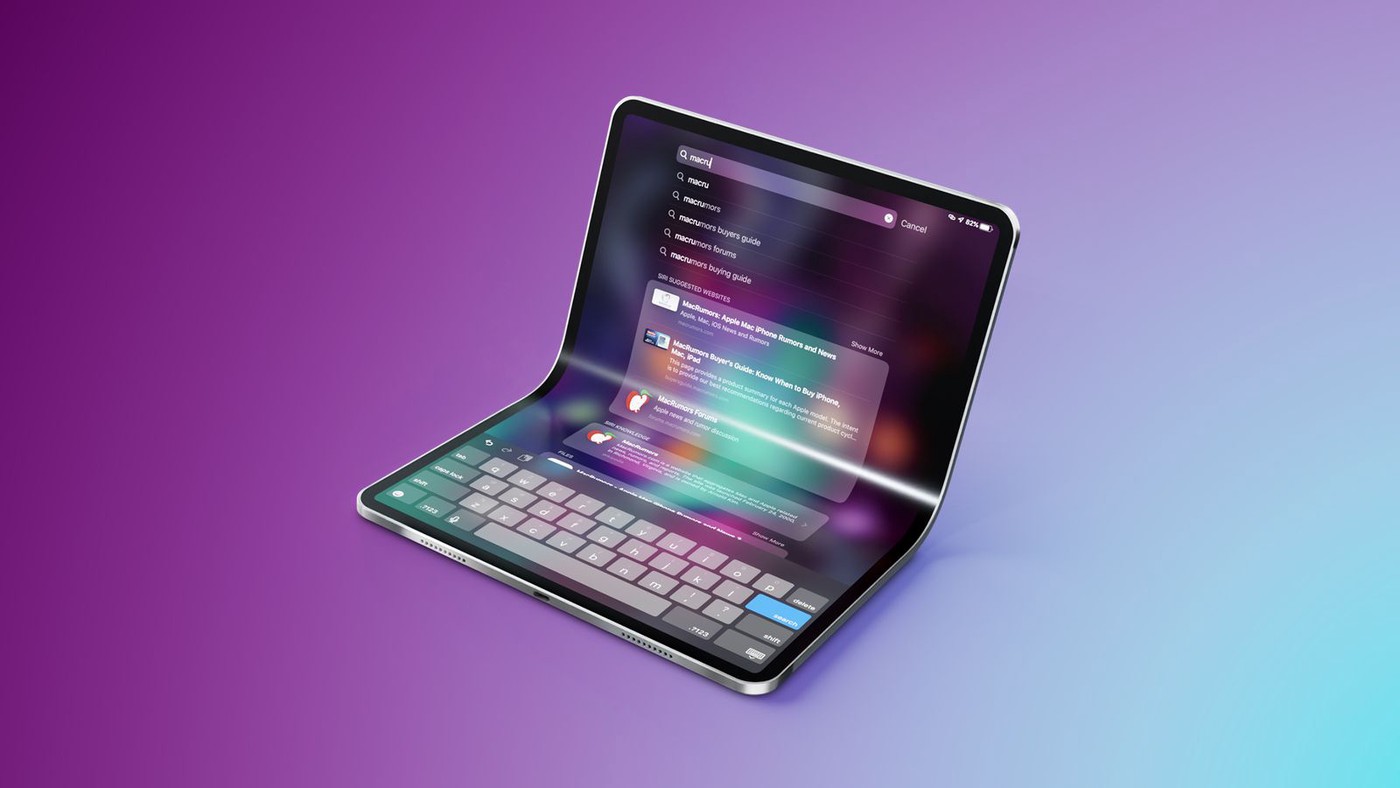Apple’s plans for launching a foldable iPad have taken a backseat. According to a new report, the tech giant has decided to delay the project indefinitely due to multiple challenges that have made development more complicated than anticipated. These challenges include high manufacturing costs, technical design hurdles, and a lack of substantial consumer demand for larger foldable devices.
Initially, the foldable iPad was expected to launch as Apple’s answer to hybrid computing. It was imagined as a crossover between an iPad and a MacBook, aimed at professionals and tech enthusiasts looking for portability without sacrificing performance. However, as development progressed, internal concerns began to mount. The flexible display technology needed for the product was not only expensive but also difficult to implement without visible creases, something Apple has long considered unacceptable for a premium product.
The DigiTimes report suggests that Apple’s internal teams found it increasingly difficult to meet the company’s high standards for display quality and structural integrity while keeping the cost within a feasible range. Unlike smartphones, foldable tablets present more design challenges due to their larger screens, which are more susceptible to creasing and hinge related durability issues. These factors have reportedly pushed Apple to reconsider the timing and feasibility of launching such a device anytime soon.
Another significant roadblock has been the projected pricing. The foldable iPad, if it had gone to market, would have likely cost more than Apple’s most expensive iPad Pro models. This would place it in a price segment where consumer interest is already limited. The tablet market remains a niche category when compared to smartphones, and convincing users to invest in a foldable variant would have been a steep challenge, especially if it could not offer a dramatic leap in utility.
In light of these challenges, Apple has now shifted its attention to another foldable venture. The company is reportedly working on a foldable iPhone, which is currently in the early prototype phase. While no official release date has been announced, sources indicate that Apple aims to bring this device to market by next year. Unlike the foldable iPad, the foldable iPhone is expected to generate higher consumer interest given the universal demand for smartphones and the growing popularity of foldable handsets from other brands.
Despite the current pause, Apple has not entirely abandoned the foldable iPad. Analysts believe that Apple may revisit the project later in the decade, possibly around 2028, once display technology improves and production becomes more cost effective. Until then, consumers eager for Apple’s take on foldable devices will likely have to settle for the upcoming iPhone version.
Stay updated with the latest tech innovations and leaks by following Tech Moves on Instagram and Facebook.














